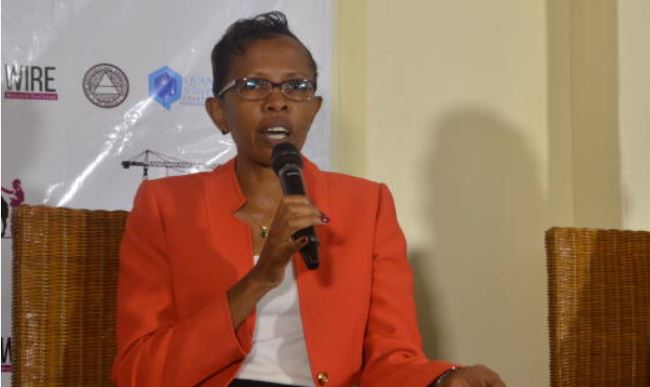
Carol Kariuki was a corporate banker who led the Savings & Loan Division when it was a subsidiary of Kenya Commercial Bank. After heading the division for three years, she left the banking industry and dived into business, setting up The Mortgage Company, East Africa’s first mortgage brokerage firm in 2011. Always hungry for new business opportunities, in 2014, Kariuki co-founded Greenpot Enterprises in 2014, Kenya’s first wholly integrated bamboo business where, in her words, she hopes to grow wealth, “one tree at a time.” She shares her exciting business journey.
Let’s backtrack a little, why leave an established financial institution to start another?